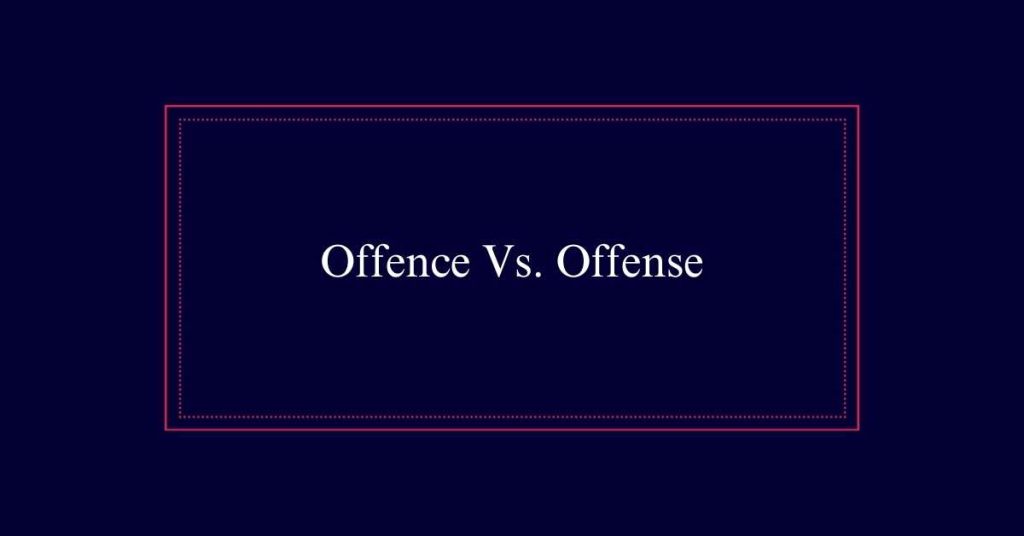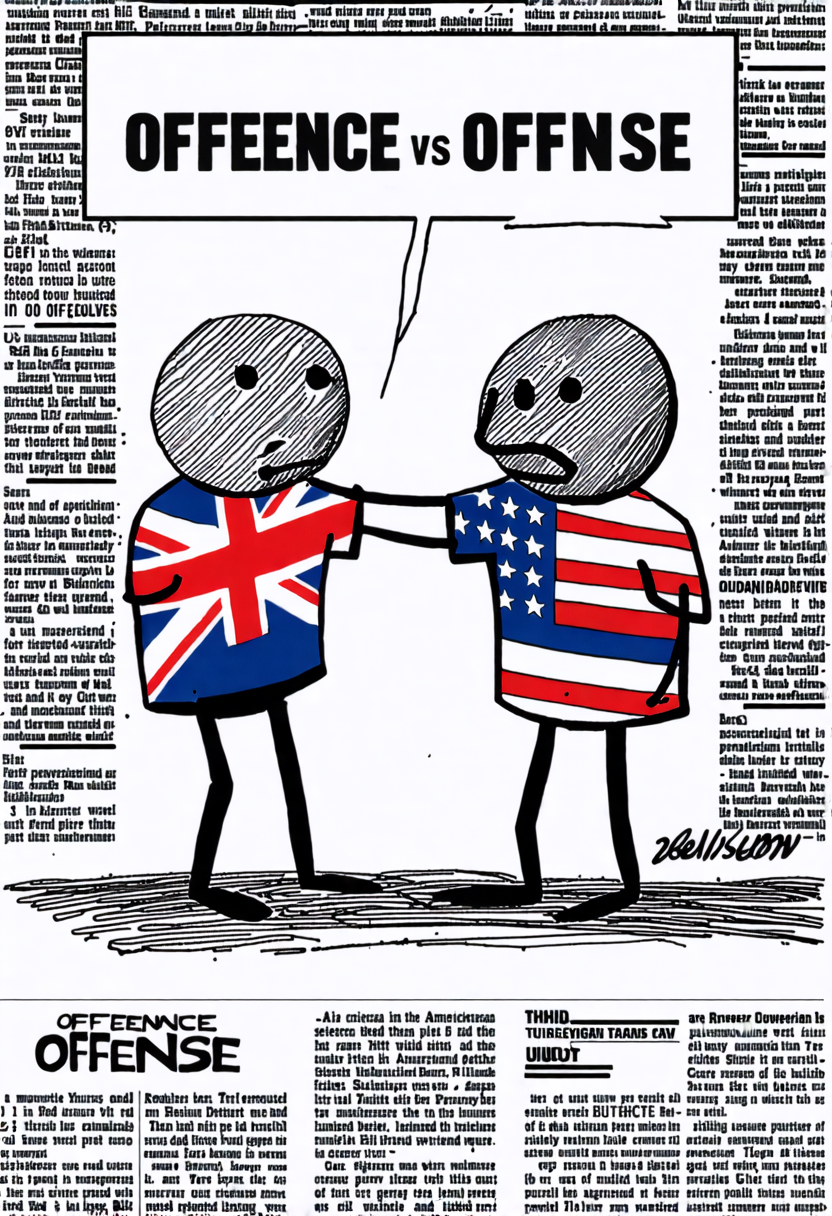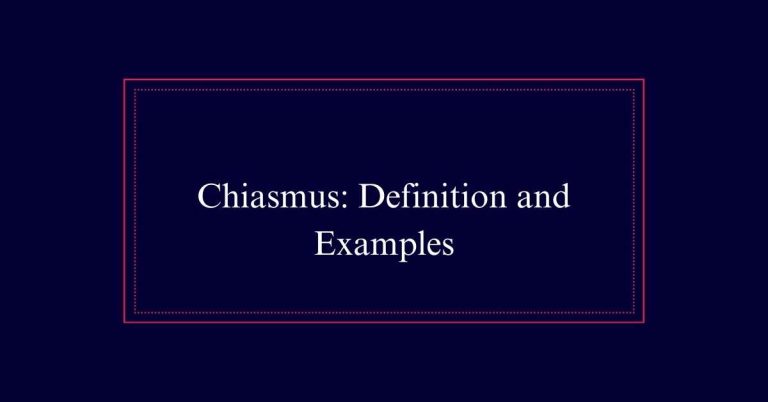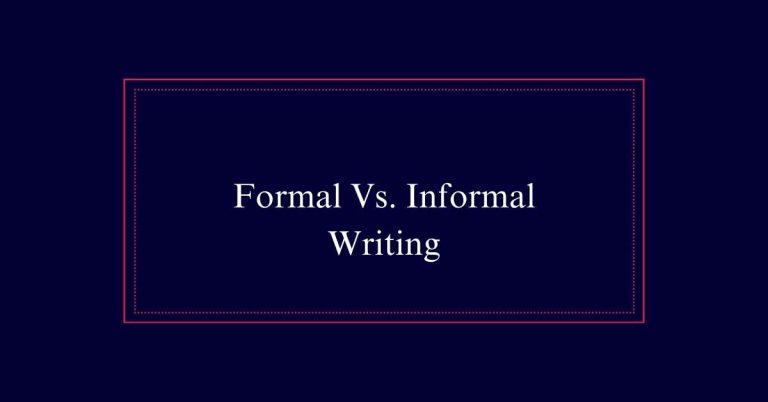Offence Vs. Offense
The difference between ‘offence’ and ‘offense’ is primarily regional. ‘Offence’ is the preferred spelling in British English, while ‘offense’ is used in American English. Both terms originated from the Latin ‘offensa,’ meaning affront or injury, and have the same meaning, referring to violations of rules, laws, or social norms. The consistent spelling of ‘offense’ in American English reflects a preference for streamlined language.
Historical Context
The historical context of the words ‘offence’ and ‘offense’ reveals their evolution and regional preferences in spelling. Both terms originate from Latin ‘offensa,’ meaning an affront or injury. The shift to English saw variations in spelling emerge.
By the 17th century, British English settled on ‘offence,’ retaining the French influence. Meanwhile, American English simplified many words, adopting ‘offense’ to align with its preference for streamlined spelling. This divergence reflects broader trends in linguistic adaptation.
Over time, these spellings became standard in their respective regions. Despite this difference, the meaning remains consistent, referring to a breach or insult.
American English Usage
In American English, ‘offense’ is the standard spelling, aligning with the country’s preference for streamlined language. It is used to describe both an attack or insult and a violation of a law. This simplification reflects broader trends within American English spelling conventions, which often favor shorter forms.
Below is a comparison table to highlight the usage of ‘offense’ in American English:
| Context | Example Sentence |
|---|---|
| Sports | “The team struggled with their offense due to a key player’s injury.” |
| Legal | “The offense was lighter than the punishment.” |
| General Usage | “The comedian’s remarks were considered highly offensive by many.” |
| Media | “Cal quarterback Davis Webb led the Golden Bears offense with 301 yards and two touchdowns.” |
British English Usage
British English prefers the spelling ‘offence’ for describing both an attack or insult and a legal violation. This spelling is standard across various English-speaking countries outside the United States. The usage of ‘offence’ extends to many contexts, including legal, social, and everyday language.

Here are some points to take into account:
- ‘Offence’ is used in British legal documents.
- Newspapers and books in the UK use ‘offence’.
- ‘Offence’ is also standard in countries like Canada and Australia.
- Spellings like ‘offence’ and ‘defence’ are consistent in British English.
- British educational materials use ‘offence’.
Definition of Offense
An offense refers to an action that breaches a rule, law, or social norm, often resulting in harm or insult. It encompasses a wide range of activities, from minor infractions to serious criminal acts. Offenses can be categorized into different types such as legal, social, and moral. In legal terms, an offense is any act that violates the law. Social offenses pertain to behaviors that disrupt social harmony, like rudeness or disrespect. Moral offenses involve actions deemed ethically wrong, like dishonesty.
| Type | Description |
|---|---|
| Legal | Violates the law |
| Social | Disrupts social harmony |
| Moral | Deemed ethically wrong |
| Minor | Small infractions, less severe |
| Serious | Major breaches, often criminal |
Examples in Sentences
One example of the word ‘offense’ in a sentence is: ‘The team’s offense struggled due to a key player’s injury.’
In contrast, the British spelling ‘offence’ is used in a sentence such as: ‘The suspect was charged with a minor offence.’ These examples illustrate the regional differences in spelling.
‘Offense’ is commonly used in American English.
‘Offence’ is standard in British and Commonwealth English.
The meaning remains the same despite the spelling difference.
Both words can be used to describe a violation or insult.
Context is important to determine the appropriate spelling.
Offensive Spelling
The word ‘offensive’ is consistently spelled with an ‘s’ in both American and British English. Unlike the word ‘offense,’ which has different spellings depending on the region, ‘offensive’ remains uniform across English-speaking countries. This consistency simplifies its usage in global communications.
The term ‘offensive’ serves as an adjective and describes something that causes displeasure or insult. It is important to remember that ‘offensive’ and its related forms like ‘offensively’ and ‘offensiveness’ always use the ‘s’ spelling. This uniformity helps avoid confusion and maintains clarity in both written and spoken language.
Usage in American Media
American media primarily uses the spelling ‘offense’ in their publications. This choice aligns with the standard American English conventions. Major newspapers, magazines, and online platforms consistently adopt this spelling. The consistency helps maintain uniformity in American publications.
Here are some notable examples from American media:
- The New York Times frequently uses ‘offense’ in sports articles.
- The Washington Post adheres to ‘offense’ in political reporting.
- ESPN uses ‘offense’ when discussing team strategies.
- The Wall Street Journal employs ‘offense’ in legal contexts.
- CNN reports crimes using ‘offense’ as the standard spelling.
Such uniformity promotes clear communication and avoids confusion among American readers.
Usage Outside the US
Outside the United States, ‘offence’ is the preferred spelling in many English-speaking countries. This includes the United Kingdom, Canada, Australia, and New Zealand. In these regions, ‘offence’ is used in both formal and informal contexts. Government documents, legal texts, and everyday communication adopt this spelling.
For example, British laws refer to criminal offences, and Canadian authorities issue driving offence notices. This spelling aligns with other British English conventions, which often differ from American English. It is crucial for international communication to recognize these differences.
Common Spelling Variations
Common spelling variations between American and British English often lead to confusion for readers and writers alike. One such variation is the difference between ‘offense’ and ‘offence.’ In American English, ‘offense’ is the preferred spelling, while ‘offence’ is used in British English and other English-speaking countries.
These differences are not limited to just this word. Several other terms also exhibit similar variations.
- American English uses ‘color,’ while British English uses ‘colour.’
- ‘Theater’ is common in the US, whereas ‘theatre’ is used in the UK.
- Americans write ‘analyze,’ but the British write ‘analyse.’
- ‘Traveler’ in the US is ‘traveller’ in the UK.
- In the US, it’s ‘license,’ but in the UK, it’s ‘licence.’
Impact of Misunderstanding
Misunderstandings arising from spelling variations like ‘offense’ and ‘offence’ can lead to confusion in international communication. These differences can affect legal, academic, and professional contexts.
For instance, a legal document using ‘offence’ might be misinterpreted by an American audience accustomed to ‘offense’. This can cause delays and misunderstandings in critical communications.
In academic settings, students and researchers might face challenges when citing sources or writing papers that adhere to different spelling conventions.
In business, marketing materials using regional spellings might not resonate with global audiences, impacting brand perception.







